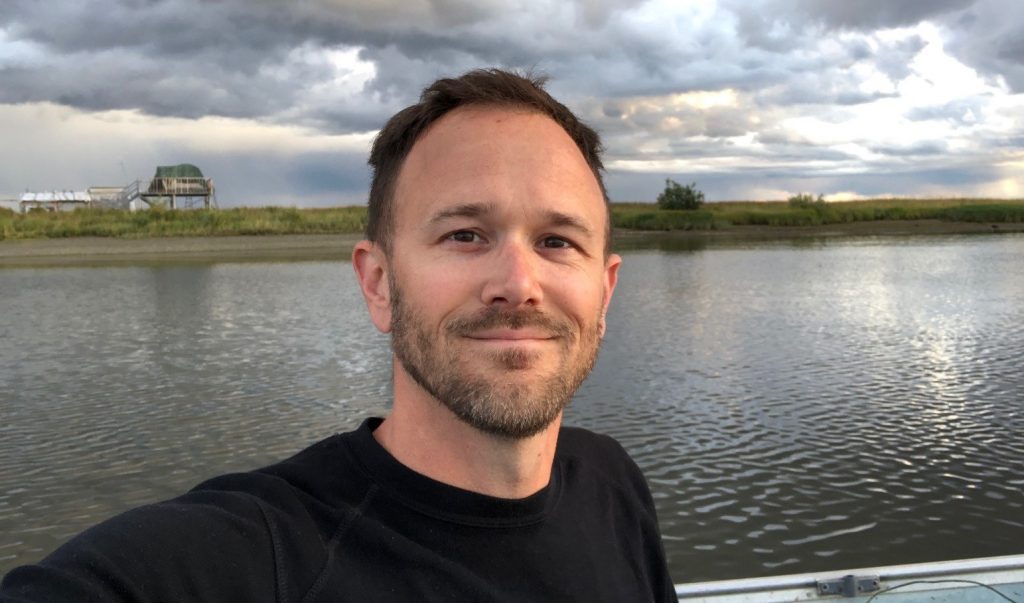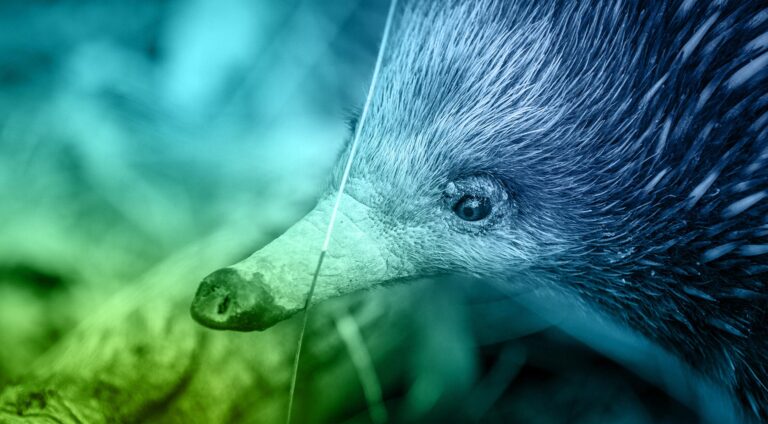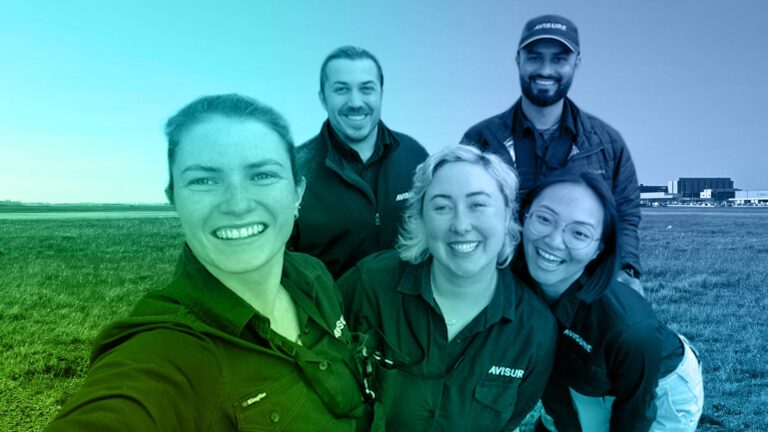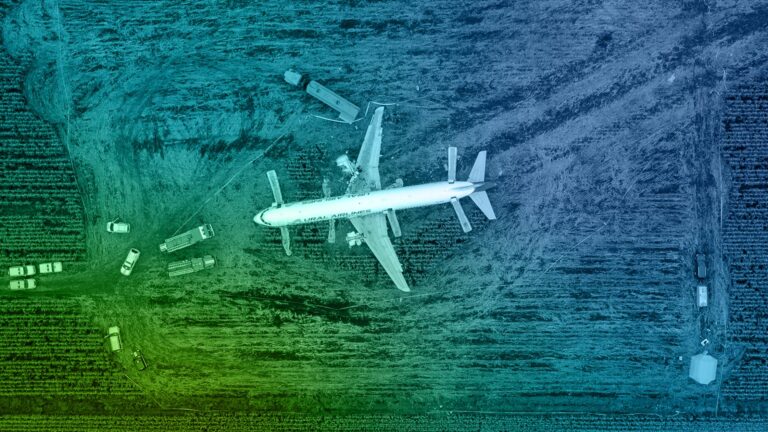Jeff Follett has had a different career path to the average wildlife biologist. ‘It’s certainly not been a direct line,’ he says. Born and bred in the US state of Minnesota, he completed a bachelor of science degree there majoring in fisheries and wildlife management. When he graduated, ‘everyone in my course had a hard science degree and wanted to go out and work with wildlife’, but Jeff and his wife took a different path. They joined the Peace Corps, (the American equivalent to Australia’s Volunteers Abroad program) and had a long stretch working overseas on humanitarian programs. They had two years in South America, where Jeff worked with an agricultural organisation, and worked in agroforestry.
‘Those years made me realise how important the human dimensions of wildlife management are and set the foundation for how I have worked ever since.’ The Peace Corps works on the principle of building local capacity, ‘so that when you step out after two years, there are local people who can take over.’
This recognition was the impetus for completing more liberal arts-based masters degrees in natural resource management, but also in international affairs, looking at the social and economic side of natural resources. More work in South America and Costa Rica followed, along with a stint in Washington DC, when ‘my wife was recruited for a job in Australia. We lived there for nine years.’
‘Once we applied for permanent residency, I started applying for jobs. One came up at Ecosure, and I worked with them on their ibis management program, and then went to Avisure.
‘One of my friends from college worked at Minneapolis-St Paul Airport, so I had seen what he did there in wildlife hazard management and had an understanding of what wildlife hazard management involved. I’ve sort of grown in the Avisure role ever since, becoming CEO in September 2022.’
Following his Peace Corps principles, Jeff says that whether it’s within Avisure or working with clients, it’s all about building capacity. He pictures an ideal world where personnel Avisure have trained from various clients move within the industry and lift the wildlife management understanding and practices of the whole industry. That capacity building is something Phil Shaw has encouraged, within Avisure and more broadly, with industry, he says.
There are challenges ahead. For Avisure, which is still growing, he says it’s building the right team to match the level of work, while at the same time creating the right mix for long-term senior staff and finding the sweet spot for niche team members.
Looking more broadly, there are ongoing challenges with how wildlife hazard management (WHM) is perceived. He quotes Avisure’s other Jeff (McKee), ‘WHM is not just an airport problem – airports don’t hit birds’. Bringing the issue back to the human dimension of WHM, ‘we need all stakeholders involved: off-airport, pilots, operators, ATC, local government, as well as airports’, he says.
And finally, there are two major wildlife hazard management challenges facing the industry, in Australia and the US. The first, he says, ‘is the increasing urbanisation of species: in Australia, species such as ibis, flying foxes and corellas, and in the US, large species such as Canada geese and terrestrial mammals such as coyotes.’
The second is climate change, where erratic and fluctuating weather patterns make it hard to predict. ‘We may have 20 years of data, but that may be irrelevant – climate change makes an already dynamic situation even more challenging.’




